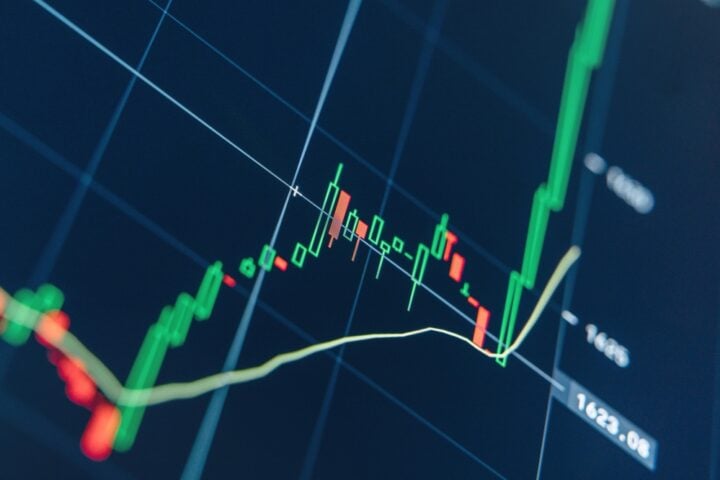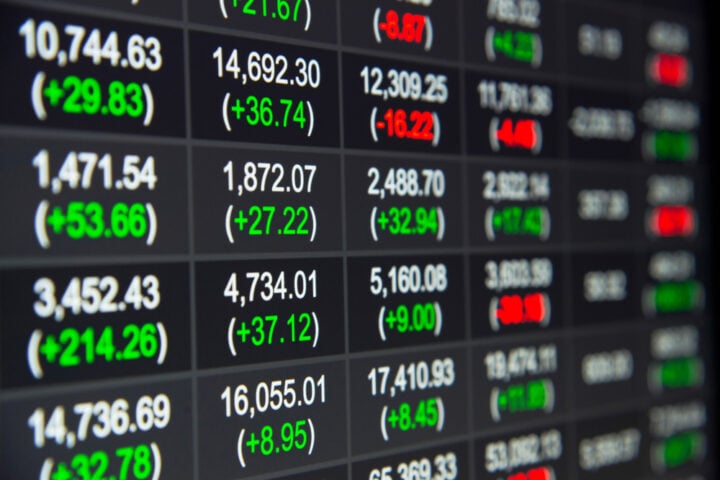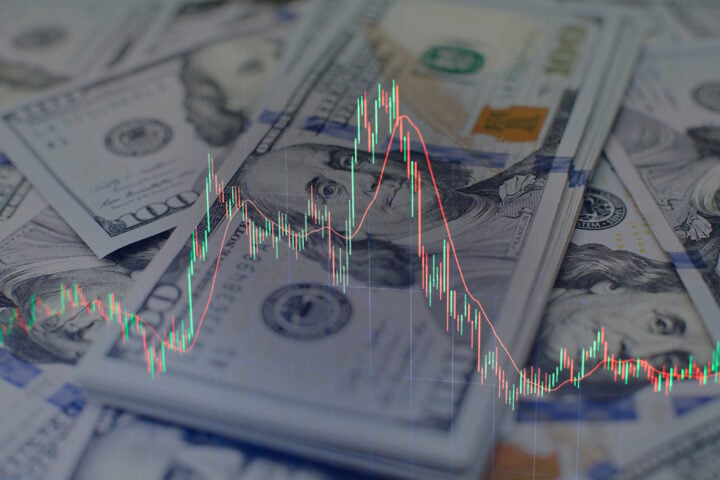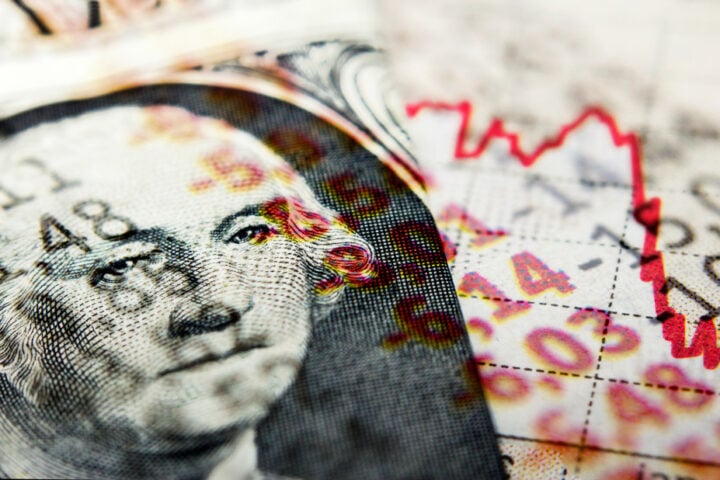Markets slide as economic fears deepen ahead of Fed
Consumer and investor sentiment in the U.S. is plunging, casting a long shadow over markets already shaken by economic uncertainty and geopolitical tension. The University of Michigan’s latest consumer sentiment reading fell to 92.9 in March, the lowest level since 2022. Meanwhile, the Conference Board’s expectations index dropped to 65.2, its lowest in over a decade — and well below the 80-point level that typically signals recession risk.
Wall Street is no more optimistic. Bank of America’s Global Fund Manager Survey recorded the steepest drop in investor sentiment since the March 2020 COVID crash. CNBC’s Fed Survey also showed rising concerns, with the probability of a recession increasing from 23% in January to 36%. Respondents now see U.S. GDP growth slowing to 1.7% in 2025, down from a previous estimate of 2.4%.
Markets responded with a renewed sell-off on Tuesday. The S&P 500 fell 1.07%, the Nasdaq Composite dropped 1.71%, and the Dow Jones Industrial Average lost 0.62%. Tesla shares tumbled more than 5% after a price target cut by RBC Capital. Nvidia, despite announcing new AI chips at its GTC event, closed down 3.4%.
The U.S. Federal Reserve is set to announce its policy decision Wednesday, but analysts caution that it may offer little relief. No rate cut is expected, and the Fed’s updated projections could underscore just how precarious the path forward looks. With markets on edge, even a neutral tone from Chair Jerome Powell could spook investors further.
Meanwhile, Google announced its largest acquisition to date: a $32 billion all-cash deal for cloud security startup Wiz. The move is being closely watched as a bellwether for 2025’s M&A climate. Separately, Trump and Putin agreed to a limited ceasefire focused on energy and infrastructure in Ukraine — a 90-minute call that the U.S. president described as a step toward broader peace.
In Europe, Germany’s Bundestag passed a landmark fiscal reform that exempts certain defense spending from its constitutional debt brake. The €500 billion package also includes major infrastructure and climate investments, signaling a shift away from Germany’s traditionally tight fiscal stance.







